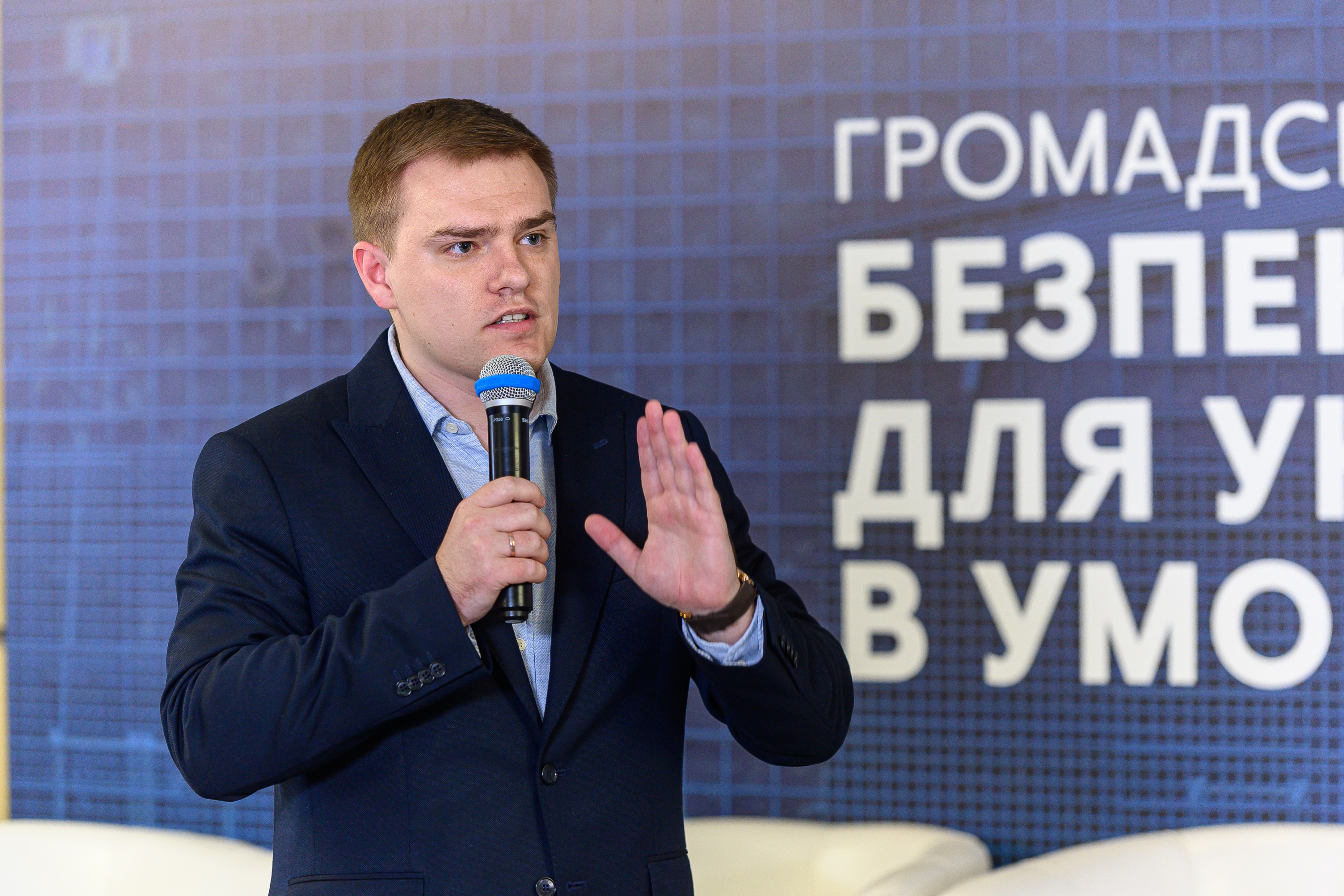The security agreements that Ukraine has signed with several countries provide for military, humanitarian assistance, and economic stability. Still, in return, our country must implement reforms that will strengthen partner support and provide opportunities for a country seeking to join NATO.
This was stated by Andriy Savchuk, an analyst at OPORA, on June 27 during the Public summit.
According to Andriy Savchuk, Ukraine has signed 17 security agreements in the first 5 months of this year. He emphasized that these agreements do not replace Ukraine's NATO membership, and although they were signed for 10 years, they should be revised in case of joining the Alliance.
“In general, we have identified four blocks that are included in all of the agreements without exception. First of all, it is democratic partnership and economic sustainability. There are a lot of issues, starting with Ukraine's implementation of reforms and ending with the recovery process. The largest block is military cooperation. More than 30% of the text of all agreements relates to military cooperation. There is also responsibility for aggression. These are issues that relate to sanctions policy, just peace, and the issue of frozen Russian assets that should ultimately be used to rebuild Ukraine.
First and foremost, any agreement drawn up by the two parties involves bilateral cooperation and bilateral commitment. On our side, first of all, it will be reforms. If you look at the government's website, or the Ministry of Finance to be more specific, there is a large matrix of reforms where our reformers from our country put together everything that needs to be done according to various recommendations. The agreements clearly refer to various recommendations. They can be divided into four blocks. The first block is the recommendations of the European Union. Structurally, this is more than 65% of all reforms. There is a separate plan for the Ukraine Facility, which is 50 billion euros for Ukraine in exchange for public administration, finance, and other reforms. Funding is provided for 4 years and is credited to us quarterly, but only if we implement certain reforms. Our partners also refer to separate plans. These are the conditions of the International Monetary Fund and the World Bank. This is a large amount of money. This year, the World Bank is giving almost one and a half billion dollars for reforms. The IMF is to provide more than $15 billion over four years. This means that we have to manage these funds efficiently, which is why we are making these commitments in these agreements,” said Andriy Savchuk.
According to him, reforms are not only Ukraine's responsibility but also an opportunity, as partners want to have a quality ally. By 2024 alone, more than 200 recommendations and 400 indicators need to be implemented to meet the European Union's and other partners' standards.
“The key elements in security agreements are reconstruction, critical infrastructure protection, and energy. The partners are unanimous that Russia should pay for the reconstruction. This is the most important thing. The second element is energy. Energy is a key element for Ukraine's sustainability. That is why many countries recognize that energy needs to be protected by military means. Unfortunately, only three countries explicitly state, France, Latvia, and the United States, that we will strengthen air defense specifically to protect the energy sector. In this context, unfortunately, there must be no mention of the so-called fast line, for example, the supply of cogeneration plants to Ukraine out of turn. There are some initiatives by countries that are ready to send us their dismantled thermal power plants. Some countries talk privately about training or specialists, and so on. Unfortunately, this is not included in the agreements. However, within the framework agreements, the partners say that there will be money to restore the energy sector,” noted the OPORA analyst.
Also, OPORA’s analysts analyzed the rhetoric of the countries in the agreements and the extent to which certain countries support Ukraine's membership in NATO.
“In our opinion, there are three positions here. First, we support Ukraine's membership in NATO because Europe's security would be impossible without Ukraine. Second, Ukraine's future is in NATO because Ukraine deserves it. These are 10 of our partners who clearly express this position. Another position says that Ukraine will receive an invitation to join the Alliance when the allies agree and all the conditions for this are met. These are the United States, Canada, the Netherlands, and Portugal. These countries do not object to Ukraine's membership. No one objects to Ukraine's membership in NATO, but their position is softer. There is also the position of Germany and Italy, which they preferred not to mention in the agreements, but this is probably due to their diplomatic and political context.
Unfortunately, there is no algorithm for us to become NATO members. Still, if we return to the issue of reforms, the issue of military cooperation, and the issue of defense allocations for Ukraine, we simply have to reform everything we can, including our Armed Forces, to meet the criteria of interoperability and other important things,” added Andriy Savchuk.
